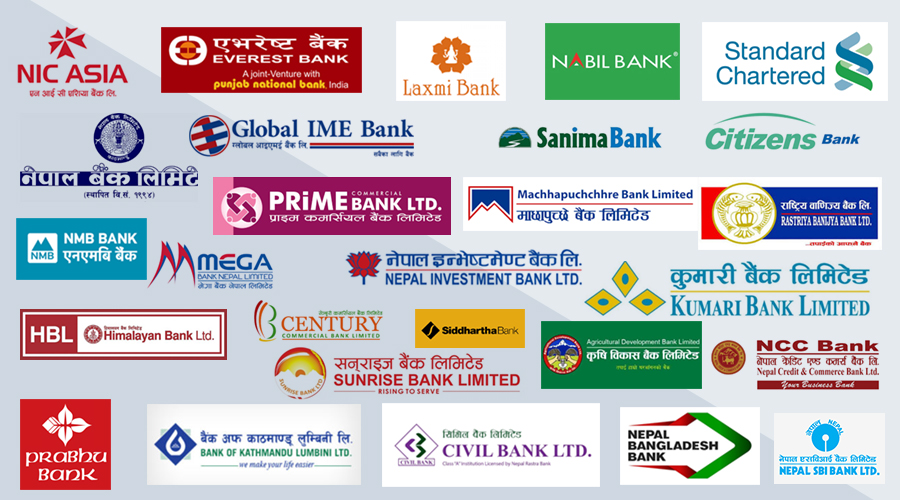KATHMANDU: Over the past 1.5 months, cash transactions in the domestic market have increased after experiencing a significant decline due to the ongoing recession. .
The Nepali New Year 2080, which began on April 14, was marked by an increase in financial transactions, according to records kept by Nepal Rastra Bank (NRB). The economy saw a sharp decline in cash transactions after the Dashain and Tihar festivals ended in November 2022.
In one month between the middle of March and the middle of April, cash transactions were as low as Rs 3.60 billion. The central bank, however, reports that it increased to Rs 12.10 billion in the succeeding month. .
According to data from the National Statistics Office (NSO), economic growth decreased by 0 percentage points in both the first and second quarters of 2022 (mid-July to mid-October) and by 0 percentage points in the third quarter (mid-October to mid-January).
The data compiled by NSO based on the actual calculation of the third quarter and the estimated economic activities of the fourth quarter showed an economic growth of 2.16 percent.
The financial market’s transactions suffered as the nation entered a cycle of economic recession. The commodity and stock markets had been in a severe downturn, and the BFIs had been dealing with a liquidity crisis.
According to traders, the domestic market in Nepal has been experiencing a recession for the past few months, and transaction volume also decreased significantly. Economists expressed concern about the potential drain on the banking system caused by an increase in financial transactions, despite the fact that the new development is a sign that the nation may be recovering from the economic slowdown.
Banks and other financial institutions (BFIs) collected more than Rs 5.50 trillion in deposits during this time, while they also disbursed Rs 4.846 trillion in loans. The credit-deposit ratio has risen to 84 percent, which is below the required level of 90 percent, as a result of increased deposit collection and slow lending.

